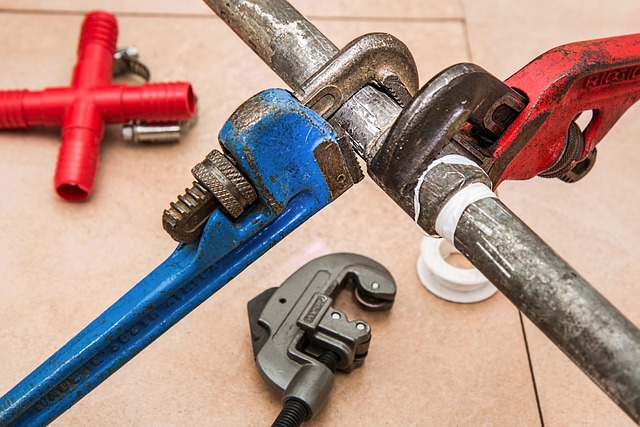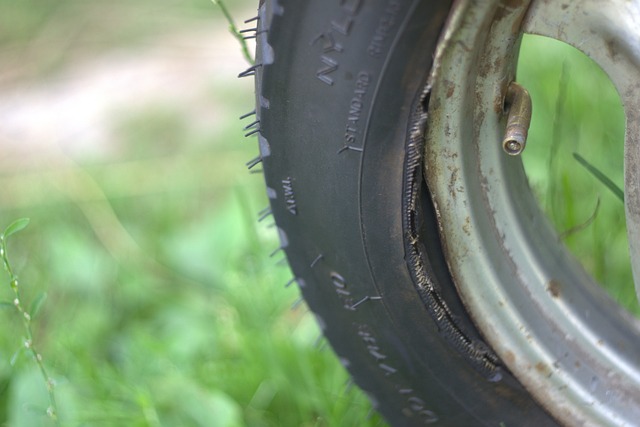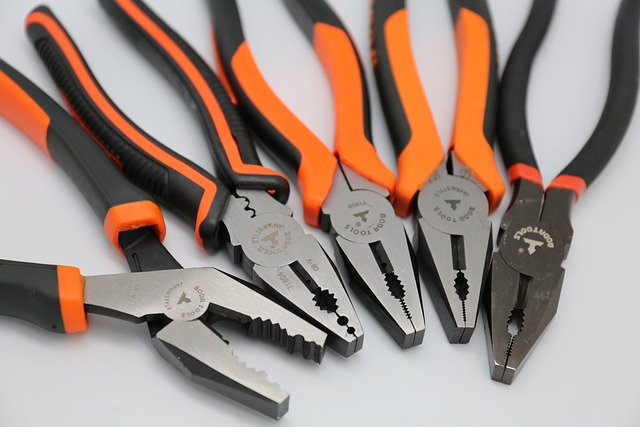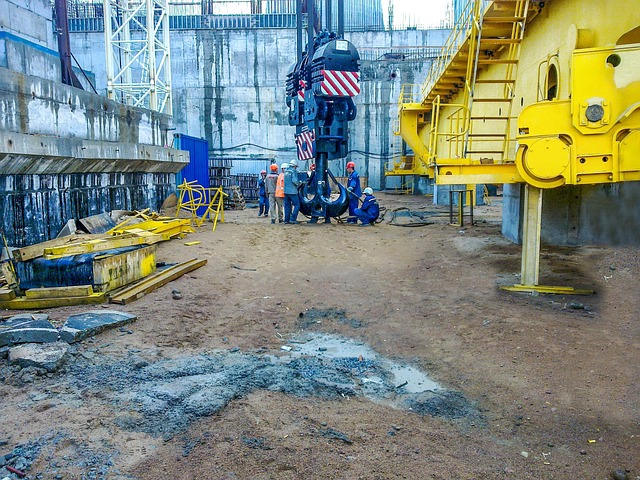Concrete anchor bolts provide durable and reliable Foundation Repair with Warranty for structural integrity, especially in challenging conditions like earthquakes or shifting soil. Installation involves drilling into concrete, placing bolts secured with sleeves or plugs, requiring precision. This process uses mechanical anchors (for fragile surfaces) or epoxy-injected anchors (for high loads), offering long-term stability by chemically bonding with concrete. Correct installation, emphasizing surface preparation and adherence to torque guidelines, is crucial for structural integrity and avoiding costly warranty claims. Professional services ensure quality materials, proper spacing, and alignment, guaranteeing stable Foundation Repair with Warranty in diverse environments.
“Concrete Anchor Bolt Installation is a vital foundation repair solution for strengthening structures and preventing damage. This comprehensive guide delves into the essential aspects, from understanding the installation process to choosing the right bolts and safety practices. Discover when this method is necessary, exploring common issues it addresses, and learn about the various bolt types available.
We provide a step-by-step approach, ensuring longevity through maintenance tips. Moreover, we highlight the benefits of professional installation with warranties, offering peace of mind for any project. Avoid common mistakes and ensure a robust foundation repair.”
Understanding Concrete Anchor Bolt Installation: A Foundation Repair Solution

Concrete anchor bolts are an effective solution for foundation repair, offering a robust and durable method to strengthen structures. Understanding their installation process is key to ensuring the longevity of any repair work. When it comes to foundation repair with a warranty, concrete anchors provide a reliable and long-lasting fix.
This installation technique involves drilling into the concrete and inserting bolts that are then secured with a sleeve or plug. The process requires precision and expertise to ensure the bolts are properly aligned and anchored, especially in challenging conditions. With the right equipment and knowledge, concrete anchor bolt installation can significantly improve structural integrity, making it an ideal solution for various foundation repair projects.
When is Concrete Anchor Bolt Installation Necessary? Common Issues Addressed

Concrete anchor bolt installation is crucial for various construction and repair projects, especially when dealing with structural integrity and stability. It becomes necessary in scenarios where traditional fastening methods like nails or screws might not suffice. For instance, when repairing or reinforcing concrete structures, such as foundations, walls, or floors, anchor bolts provide a robust and durable solution. These bolts are designed to withstand extreme loads and environmental conditions, ensuring the long-term stability of the structure.
Common issues that require concrete anchor bolt installation include structural damage from earthquakes, settling or shifting soil, or improper initial construction. By installing these anchors, professionals can address weaknesses in foundations, prevent further deterioration, and offer a reliable foundation repair with warranty solution. This process is particularly vital for commercial buildings, bridges, and other critical infrastructure where the safety and longevity of the structure are paramount.
Types of Concrete Anchor Bolts: Choosing the Right Option for Your Project

When it comes to Concrete Anchor Bolt Installation, understanding the different types available is crucial for any project requiring secure fastening into concrete. The options include mechanical anchors, which are popular due to their ease of installation and no-drill capability, ideal for situations where drilling is challenging or where the surface is fragile. These bolts use expanding mechanisms to grip the concrete, offering a strong hold without the need for holes.
For more permanent or high-load applications, epoxy-injected anchors are recommended. They provide exceptional strength by chemically bonding with the concrete. This type is suitable for foundation repair with warranty requirements, as it offers long-term durability and stability. The process involves drilling a hole and injecting a two-part epoxy that sets, creating an anchor point strong enough to support significant structural loads.
Step-by-Step Guide to Installing Concrete Anchor Bolts

Installing concrete anchor bolts is a critical process in any construction or renovation project, especially for those involving foundation repair with a warranty. Here’s a step-by-step guide to ensure the job is done right. First, prepare the surface by cleaning it and ensuring it’s dry and free of debris. This step is crucial to guarantee a strong bond between the bolt and the concrete.
Next, drill a hole in the concrete using a rotary hammer with a diamond core bit. The depth of the hole should be carefully measured to match the length of the anchor bolt. Insert the anchor bolt into the hole and ensure it’s flush with the surface. Apply a thread locker or adhesive if required by the manufacturer to secure the bolt in place.
Best Practices and Safety Measures During Installation

When installing concrete anchor bolts for foundation repair with warranty, adhering to best practices and safety measures is paramount. Begin by ensuring proper preparation of the concrete surface, free from debris and moisture, to guarantee a solid connection. Use the appropriate tools and equipment, such as a hammer drill with a diamond bit, to create clean, deep holes that match the bolt’s length and diameter.
Inspect bolts and hardware for damage or defects before installation. Follow manufacturer guidelines strictly for torque specifications during tightening to avoid over-torquing or under-torquing, which can compromise structural integrity. Implement safety protocols rigorously, including wearing protective gear like safety glasses and gloves, and ensuring adequate ventilation in confined spaces. Regular training and adherence to industry standards will help ensure a safe and effective concrete anchor bolt installation process.
Ensuring Longevity: Maintenance and Care Tips for Concrete Anchor Bolts

To ensure the longevity of concrete anchor bolts, proper maintenance and care are essential. Regular inspection is crucial to identify any signs of corrosion, damage, or loosening. Addressing these issues promptly prevents further complications and costly foundation repair with warranty claims.
Using appropriate sealers and coatings can protect against moisture intrusion and chemical reactions that contribute to rust and degradation. Additionally, applying a thin layer of grease or lubricant on the threads before installation can prevent rust bonding and facilitate future removal if needed. Remember, proactive care is key to maintaining structural integrity and saving time and money in the long run.
Benefits of Professional Installation with a Warranty

Professional concrete anchor bolt installation comes with a host of benefits, especially when paired with a warranty. First and foremost, it ensures structural integrity and longevity for any foundation repair or construction project. Experienced contractors employ specialized techniques and high-quality hardware, reducing risks associated with improper bolting that can lead to costly future repairs.
Moreover, a warranty provides peace of mind by guaranteeing the work against defects and misinstallation. This protection is particularly crucial in regions prone to seismic activity or extreme weather conditions, where robust anchor bolts are essential for withstanding environmental stresses. Opting for professional installation with warranty coverage safeguards your investment, ensuring your foundation remains stable and secure for years to come.
Common Mistakes to Avoid: Do-It-Yourself vs. Professional Services

When it comes to concrete anchor bolt installation, especially for foundation repair projects that come with a warranty, there are common mistakes to avoid, particularly when considering DIY versus professional services. One of the biggest blunders is attempting to cut corners by opting for subpar materials or not following manufacturer guidelines strictly. This can lead to structural weakness and failure, invalidating any warranty.
DIY enthusiasts might find concrete anchor bolt installation appealing due to cost savings, but for foundation repair, precision is paramount. Improper spacing, depth, or alignment can compromise the integrity of your structure. Professional services offer expertise and experience that ensure bolts are correctly placed, spaced, and secured, providing lasting stability and peace of mind. Prioritizing quality workmanship and using guaranteed products from reputable manufacturers is key to ensuring a solid foundation repair with warranty in place.
